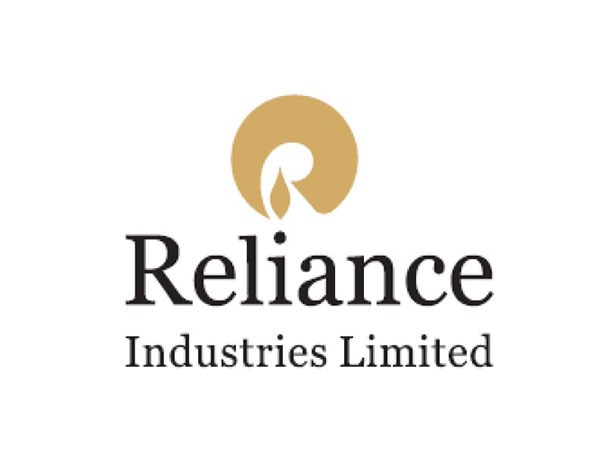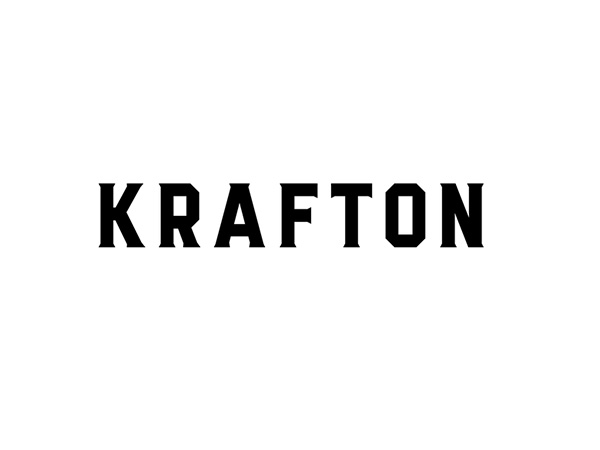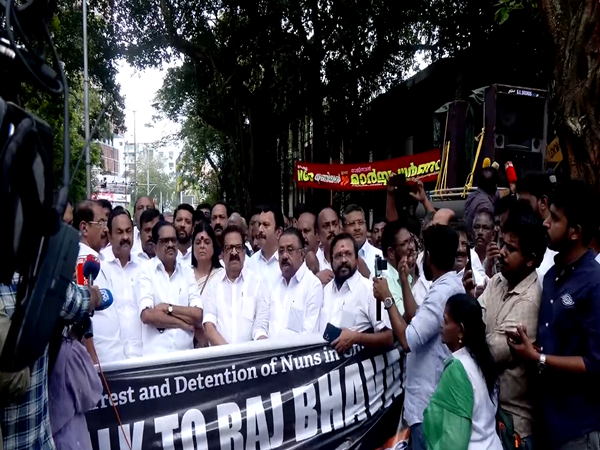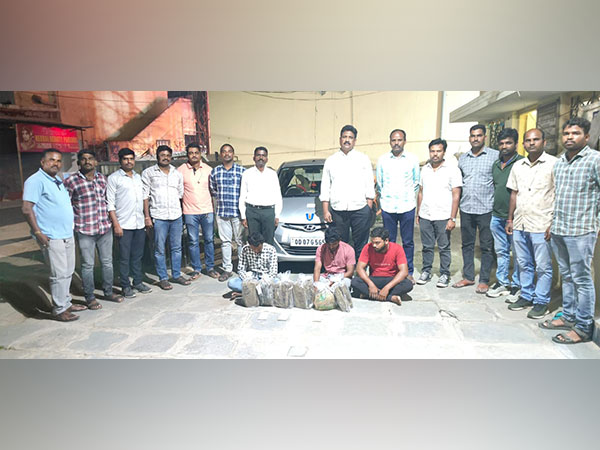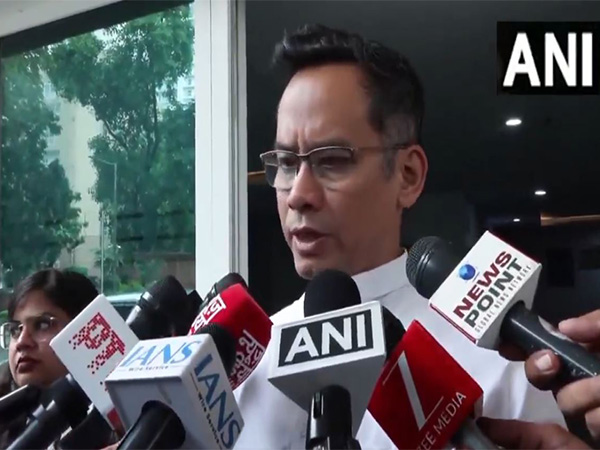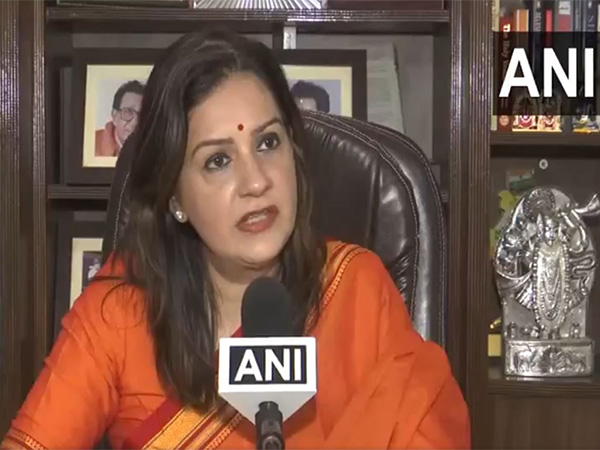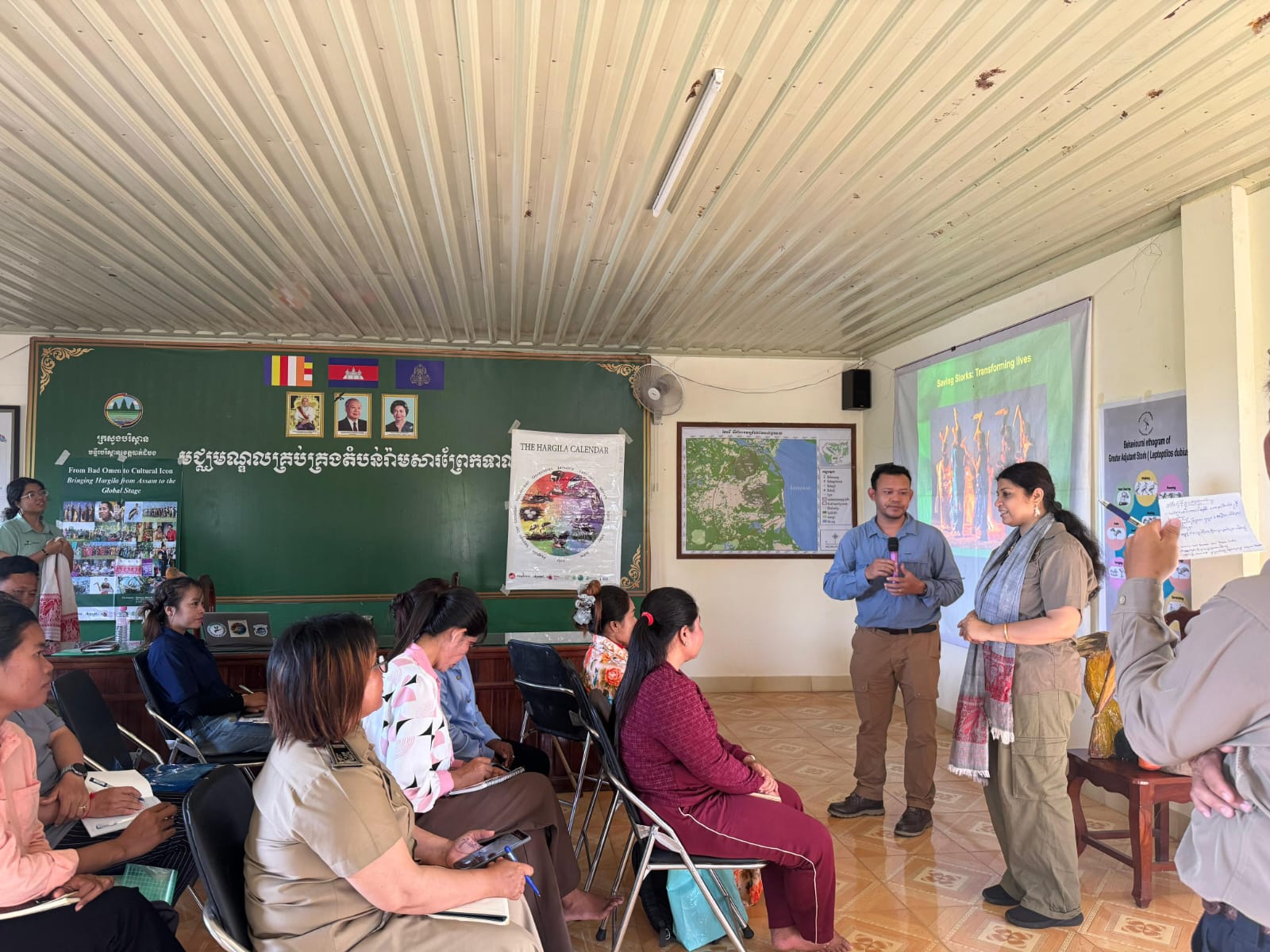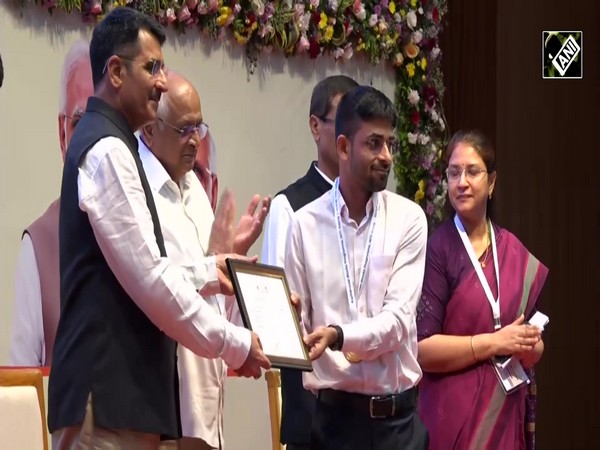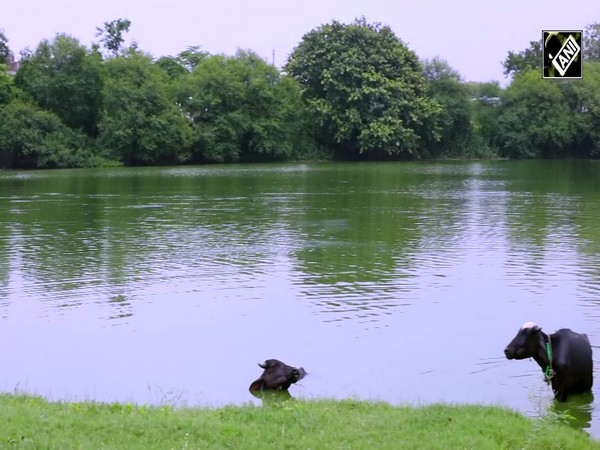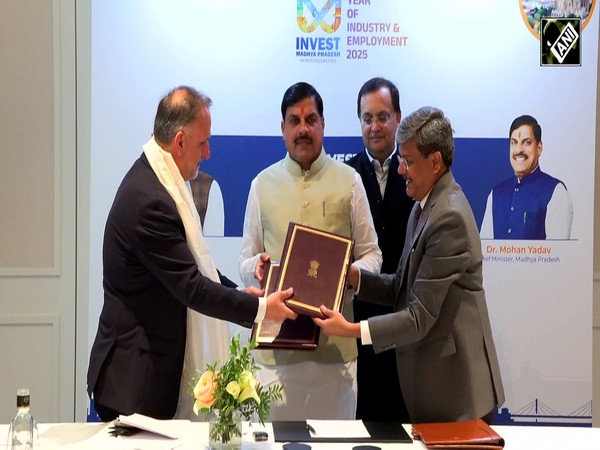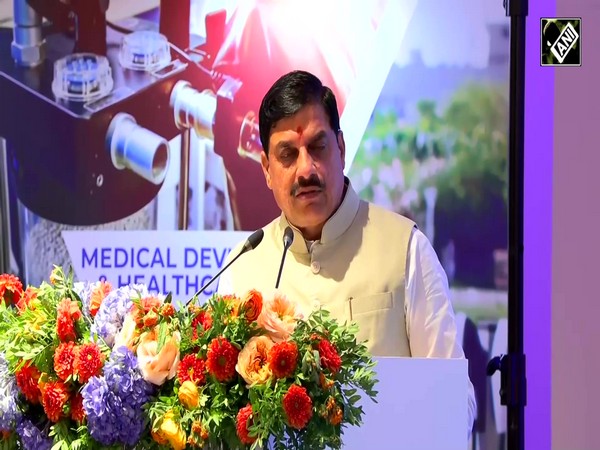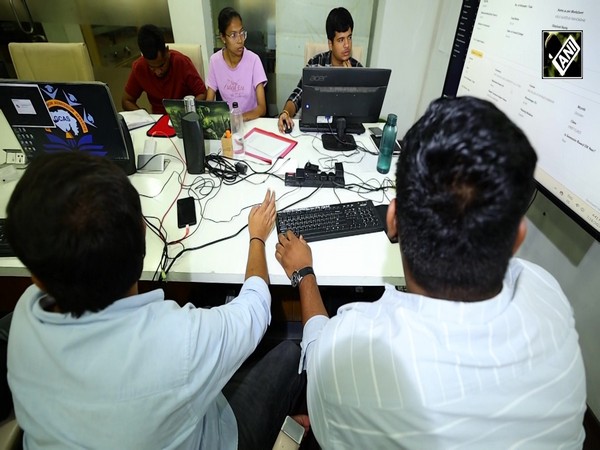Aligning policies, regulations by India and Europe key to mutual growth: Chairman, CII Europe Committee
Mar 30, 2024

New Delhi [India], March 30 : India and Europe have forged a multifaceted partnership which reflects the recognition of mutual benefits and the imperative for collaborative solutions in an increasingly interconnected world and a journey ahead from here would necessitate a deeper level of collaboration, including aligning policies and regulations while recognising the unique economic and social contexts of each region, said Sunjay Kapur, Chairman, CII Europe Committee and Chairman, Sona Comstar.
The evolving relationship between India and Europe reflects the recognition of mutual benefits and the imperative for collaborative solutions, Kapur argued in an article published in the latest edition of the industry body CII's journal.
Bilateral trade between India and Europe expanded significantly over the last decade, rising to USD 189.27 billion in 2022-23. India's exports to Europe increased to USD 98.27 billion in 2022-23, while imports went up to USD 98.27 billion.
India saw a trade surplus of USD 1.92 billion with the European economy during 2022-23 and trade has been evenly balanced.
Bilateral investments too have remained robust. In the last two years, Indian investments flowed into the United Kingdom, attracting 27 per cent of all Indian investment in Europe, followed by Germany (20 per cent) and the Netherlands (9 per cent), while France, in fourth place, received 7 per cent.
Similarly, the Netherlands was among the top five investors in India, followed by the UK at 6th rank. Germany and France were also among the major investors in India from Europe.
"One notable collaboration that has emerged in recent years is the partnership between India and Europe in the realm of the circular economy," Kapur said in the article.
The circular economy is a model of production and consumption that involves sharing, leasing, reusing, repairing, refurbishing and recycling existing materials and products as long as possible. In this way, the life cycle of products is extended.
"From waste management to renewable energy, India has been actively exploring ways to integrate circular principles into various sectors. Large-scale projects such as Swachh Bharat Abhiyan, Smart Cities Mission, Extended Producer Responsibility (EPR), and the Indian Plastics Pact are examples of India's commitment towards a circular economy," Kapur's article read.
On the other side of the partnership, Europe brings to the table its rich experience in implementing circular economy practices. Several European countries have already made significant strides in waste reduction, recycling programs and sustainable manufacturing.
"By collaborating with India, European nations aim to share their expertise and promote a more global adoption of circular practices," Kapur noted in his article.
CII along with the Ministry of External Affairs (MEA), organized the 2nd edition of the CII India Europe Business and Sustainability Conclave, which concluded on February 21.
The CII Europe Committee has been actively working on trade, investment and sustainability cooperation over the years. CII is also committed to working with the Government of India on the negotiations for the India-EU free trade agreement, and the India-UK FTA.


